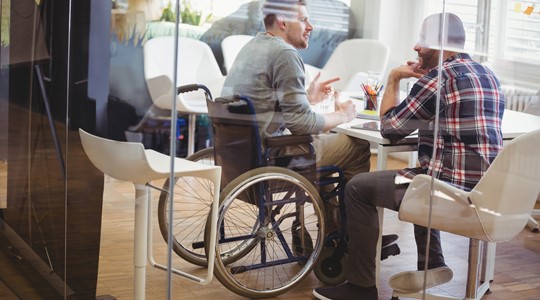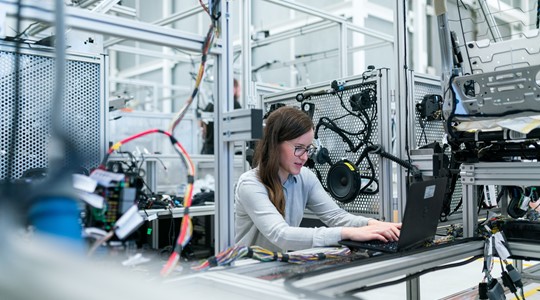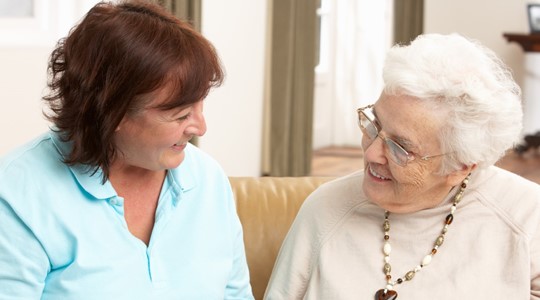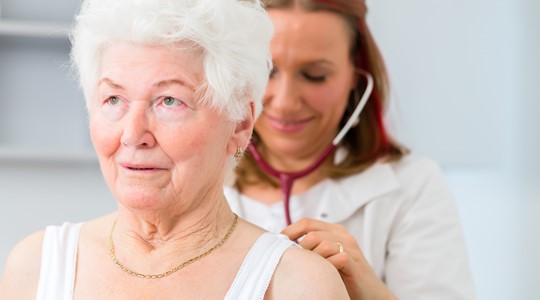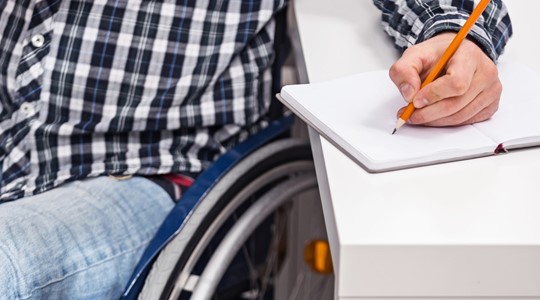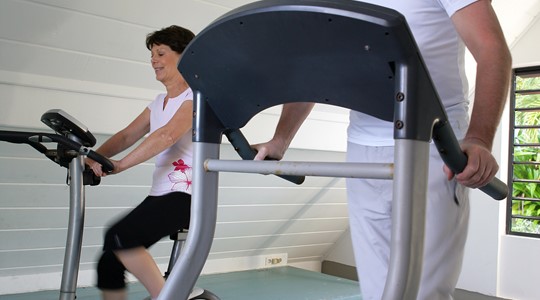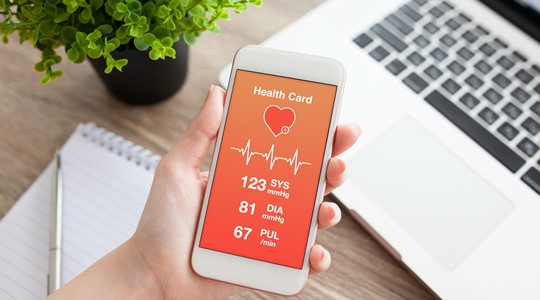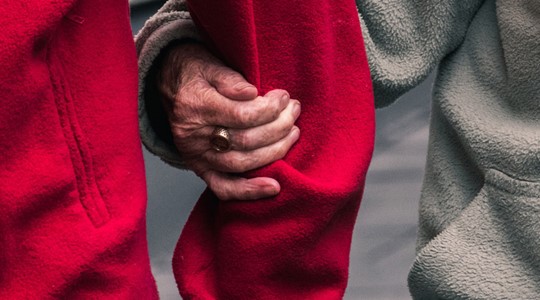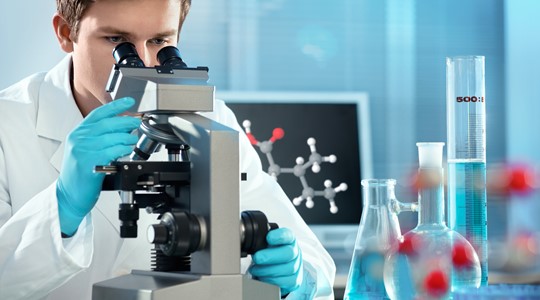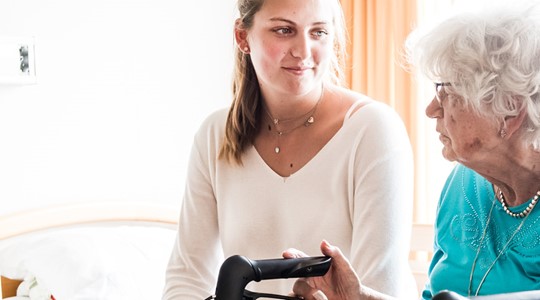About the research group
Healthcare has become more complex and thus more challenging for the individual healthcare professional, who is increasingly confronted with long-term complex diseases within equally complex social and physical contexts. In recent decades, it has become clear that health goes beyond the traditional disease frameworks around which care is still organized. This complexity requires a broader perspective where data technology can support complex decisions in diagnostics and treatment but must also be accessible and understandable to the public.
AI & Data Supported Healthcare is a transdisciplinary research group from (social) care and technology that develops innovations for complex societal healthcare issues. Despite the fact that the use of data technology is much more common in sectors such as technology and economics, healthcare still lags behind in this area. More and more data applications are being developed in healthcare, but these are often small-scale or highly specialized. It is increasingly clear that providing care from disease-oriented frameworks is not sufficient and that the role of society and the consequences of long-term illness are not considered based on complexity or even not considered at all. This complexity is difficult for many professionals to grasp and often falls outside (specialist) disease frameworks, making care fragmented and less effective. This is especially true for long-term illness, where comorbidity arises, and particularly for vulnerable individuals in poverty (social/economic) and with limited health skills.
The application of big data and AI in healthcare is on the rise, and it is expected that many tasks currently performed by healthcare professionals will be taken over by AI, with the healthcare professional always being ultimately responsible. AI can be used for improved clinical decisions ("AI-assisted clinical decision support"), for supporting nurses, for improved diagnosis (e.g., automated tumor recognition in MRI scans or digital pathology slides), or in DNA and protein analysis ("precision medicine"). It is crucial that AI is used responsibly and, where possible, explainable.
In addition to developing applications based on data technology to solve complex societal healthcare problems, the research within the research group also focuses on the educational profile of the future healthcare professional who will need to conscientiously use big data, remote sensing, and Artificial Intelligence in the near future and be able to assess their value within the clinical process. Furthermore, the starting point of all research is co-creation together with researchers, healthcare professionals, local government, students, and citizens. Especially the central role of the citizen in not only identifying relevant societal healthcare dilemmas but also the potential applications that, regardless of educational level, socio-economic position, are accessible and understandable. This collaboration results in the creation of "learning communities" where transdisciplinary work is not only taught but also promoted with an eye on the professional of the future.
Partners
The Hague University of Applied Sciences, Leiden University of Applied Sciences, Erasmus MC (Department of Anesthesiology, Pediatric Dermatology, Rheumatology, Clinical Genetics, National Expertise Center for Ehlers-Danlos and Rare Diseases, Maasstad Hospital, Rijndam Revalidatie, Vitale Delta, Medical Delta, Health Holland, Philips, Health Cloud Initiative, Roseman Labs, Zuyd University of Applied Sciences, KNGF, Radboud UMC, Utrecht UMC, Amsterdam UMC, NL-AIC





